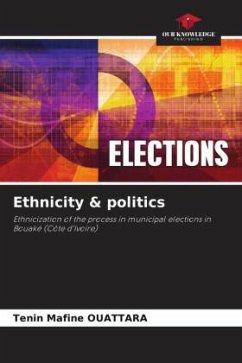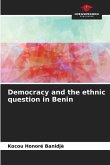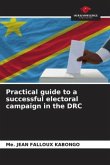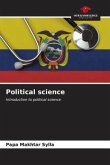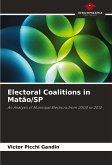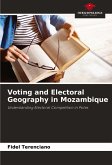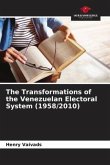This book points out that the city of Bouaké in Côte d'Ivoire is mainly inhabited by Malinkés and Baoulés, which can influence electoral processes along ethnic lines. The author carried out direct observations in Kouttiakoffikro and conducted interviews with 20 people, which revealed this reality. Political actors vote according to the ethnicity of candidates, identifying themselves with political parties based on their own ethnicity. It is therefore considered necessary to militate or vote for the political party of one's ethnic "brother". Moreover, in some cases, their choice is influenced by community and religious leaders who encourage them to vote for candidates from the Malinké ethnic group. These leaders have used the symbols of a political party as a reference for illiterate people. All these situations reveal a geographical and strategic distribution of political parties according to ethnicity. Thus, ethnicity becomes both a means for candidates to mobilize support and atool for manipulation, offering an opportunity for revival and instrumentalization.
Bitte wählen Sie Ihr Anliegen aus.
Rechnungen
Retourenschein anfordern
Bestellstatus
Storno

